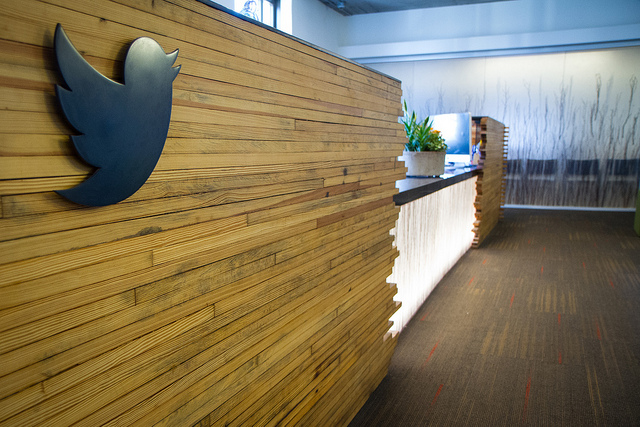Over the last few weeks much has been written about Google’s mobile search update that went live on Wednesday, some said it would be the death of small business on the internet while others claimed it would be the end of corporates online.
While all the focus has been on Google’s search changes Facebook quietly made a change that will probably be more vexing for many businesses.
Both Facebook and Google are struggling with making their services more useful for users, with the Google changes the intention is to make search on mobile devices more useful in giving preference to websites that work on smaller screens.
In a post on Google’s webmaster blog, Developer Programs Tech Lead Maile Ohye answered the basic questions about the search engine changes which dispelled much of the hysteria and myths about the update. The main point of Ohye’s post is that Google want to show users useful information.
Facebook have a similar problem, they have to balance the often competing interests of their users and advertisers with the main aim being keeping visitors on their site for as long as possible.
The objective of keeping users engaged is the reason for a series of tweaks Facebook announced this week that change the newsfeed visitors see.
The goal of News Feed is to show you the content that matters to you. This means we need to give you the right mix of updates from friends and public figures, publishers, businesses and community organizations you are connected to. This balance is different for everyone depending on what people are most interested in learning about every day. As more people and pages are sharing more content, we need to keep improving News Feed to get this balance right.
Facebook are putting their users priorities first in making sure the news feed is interesting and relevant, which the company believes will entice visitors to spend longer on the site and make advertising more attractive.
If it works then it’s a win for Facebook, their users and those who pay to advertise on the site. Again though, the losers are the companies and brands not advertising who thought they could get views by the quality of their content.
Unless the content is very good, those companies not paying Facebook are in for more disappointment as their reach collapses even further than its current pathetic rates.
Google’s change too is something that puts users first; rather than dumping mobile web surfers onto an unreadable page, they are making sure people get to sites that are useful.
In many ways Google is only encouraging what has been best practice for at least five years, that every site should work equally well on mobile devices as they do on desktop computers.
What Facebook and Google are showing us is the value of putting users’ needs first. If your guests are happy then your business model has a much better chance of succeeding, regardless of who the eventual customer is.
Making business more user friendly should be a priority for all companies in a competitive world.
Similar posts:




